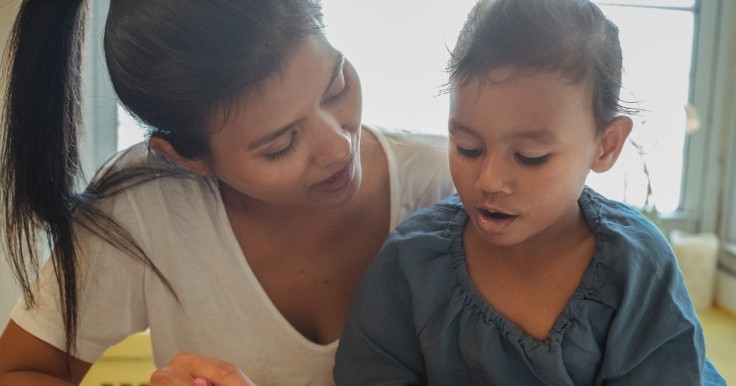
Along with the chaotic events surrounding the world where we live, there are several instances that uncivilized conversations have replaced the once civilized discussions that we had.
We see this every day on the news about politics, health, economics, education, and even culture. Because of this, knowing how to teach civility at home just seemed to be the right thing to do for parents. When the uncivilized conversations observed in society reached our homes, parents started to think about teaching civility at home.
ALSO READ : Teaching Kids To Become Problem Solvers
Here are some ways to teach civility at home:
Show respect
As parents, it is your primary job to ensure that your children feel that their opinion or suggestions are worthy. That means that whenever a discussion occurs at home, children should feel that you respect their thoughts and ideas.
Even when a child expresses an irrational opinion, or you feel they still lack the experience to share an idea, it would still be best if they feel you respect their views.
According to experts, no matter the age, children should feel respected to learn how to stay civil during conversations. Experts also say that respect includes non-verbal responses. That entails avoiding scowling, sighing, or even rolling of the eyes. These reactions may cause children to feel that they are not respected.
Show empathy
Although it could be pretty tricky, parents should show empathy to their children or other family members.
Try to put yourself in the other person's shoes. When you do so, you will also understand why they thought of their opinion. Through this, you may also see how your child is feeling.
Listen sincerely
Even though there are instances when parents feel that their children are expressing ideas and opinions that are not right, they should still listen sincerely.
You can do so by following these steps:
- Do not interrupt a child when speaking
- Do make any assumptions
- Clarify if you got something right by repeating what they just said.
- Ask your children questions about the topic at hand.
Know when to disagree
Family members always tend to disagree. That is inevitable. Experts say that parents may try using growth-promoting ways when they disagree. For example, parents may ask their children if they disagree with specific house rules. If they do, they should discuss it civilly, weighing all the pros and cons before coming up with a decision.
Frequently converse with each other
One of the best ways to teach civility is by understanding the importance of having frequent and meaningful conversations. THs way, you are trying to learn how to stay civil, but you also practice thinking deeper. The more conversations you have, the better you become in this aspect of life.